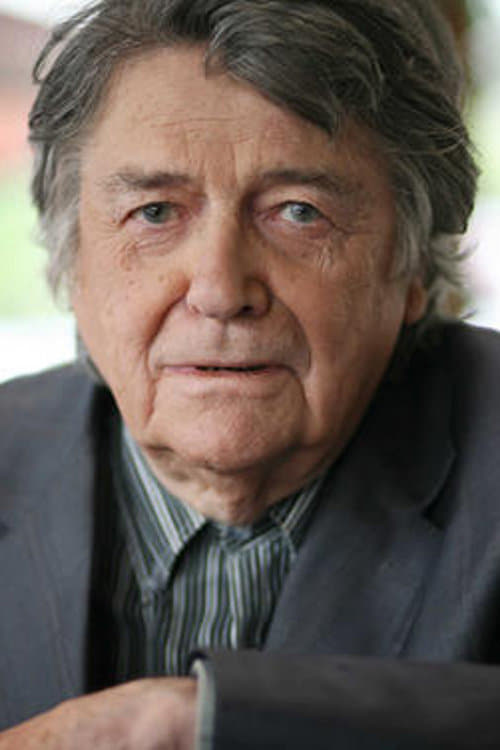
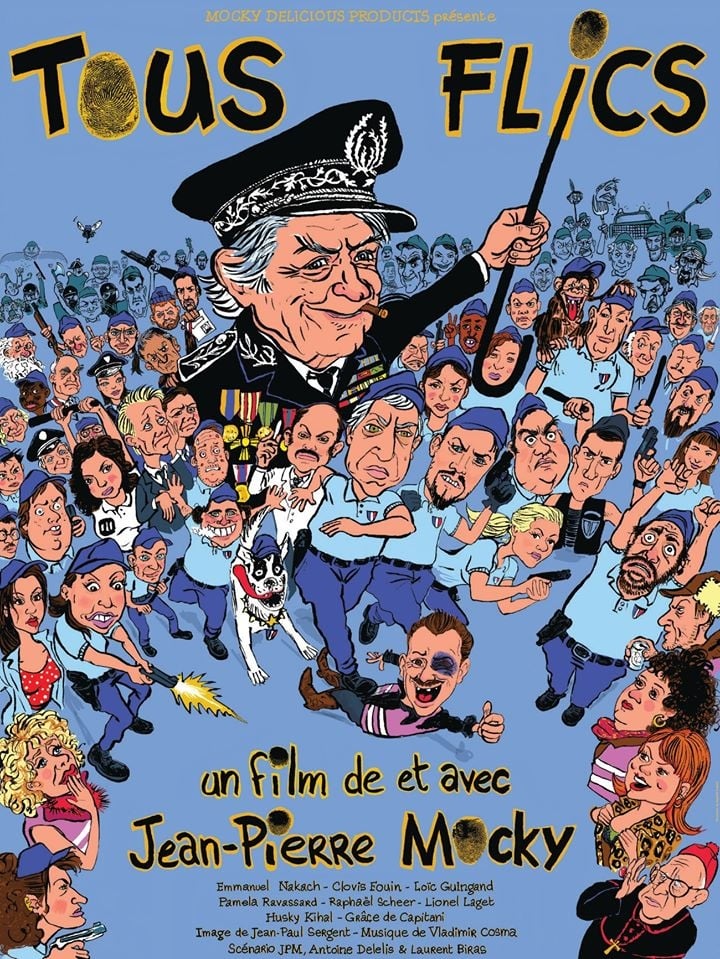
A comedy on the theme of the law being debated where, in the face of growing insecurity and the upsurge in gratuitous violence, anyone can become a police auxiliary and thus increase the number of police officers. Each citizen will be able to defend himself by becoming a police officer.
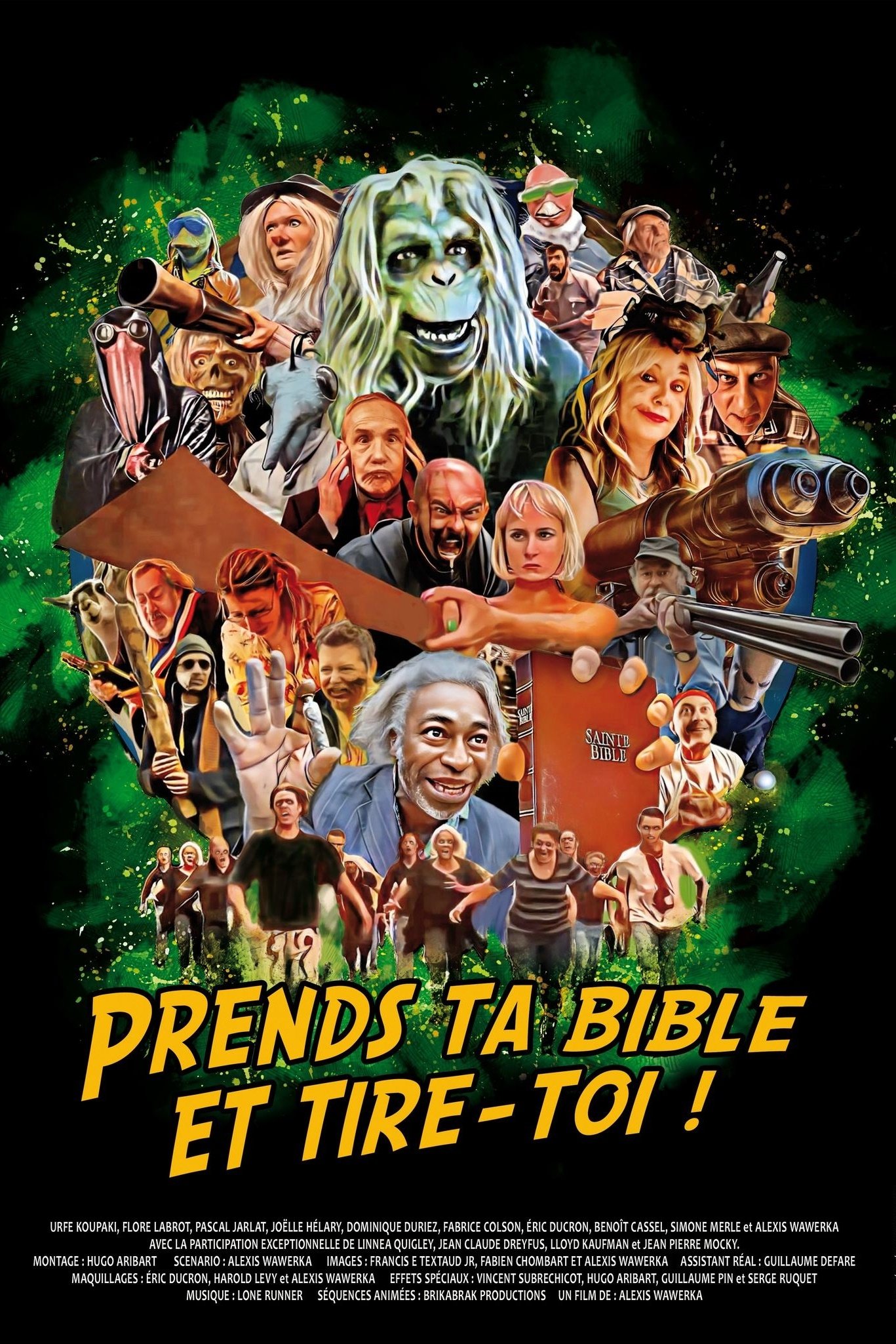
A small village in the north of France is plagued by zombies after a meteorite landed. 3 Homeless peoples must fight for there lives and if zombies weren't enough, others peoples coming from VERY far away arrives in town.
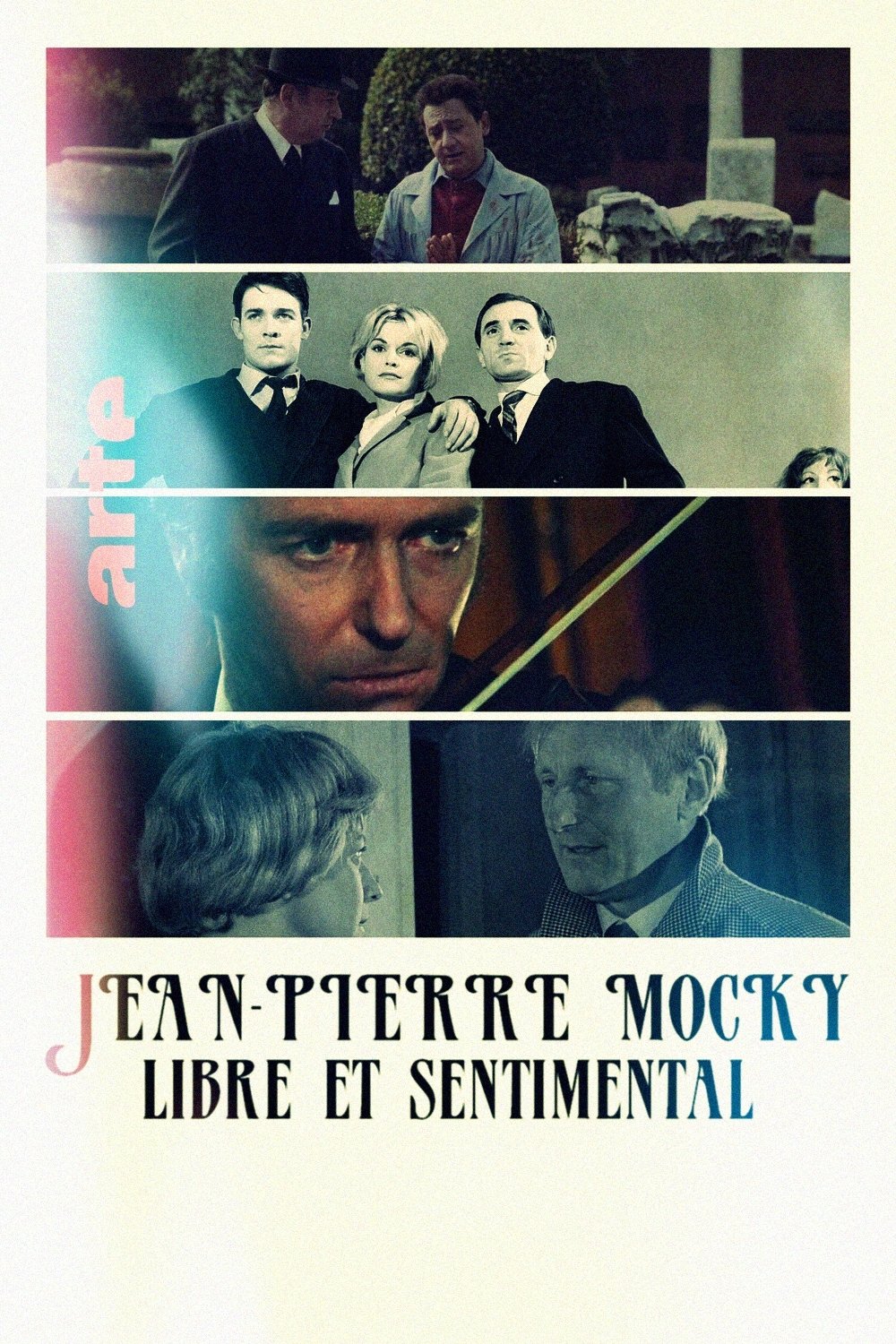
A journey into the mind of French actor and director Jean-Pierre Mocky (1929-2019), author of films both playful and profound, of an impressive richness.
A disassembly / reassembly of 58 films by Jean-Pierre Mocky, the editor becoming the director and the hero of his own film.
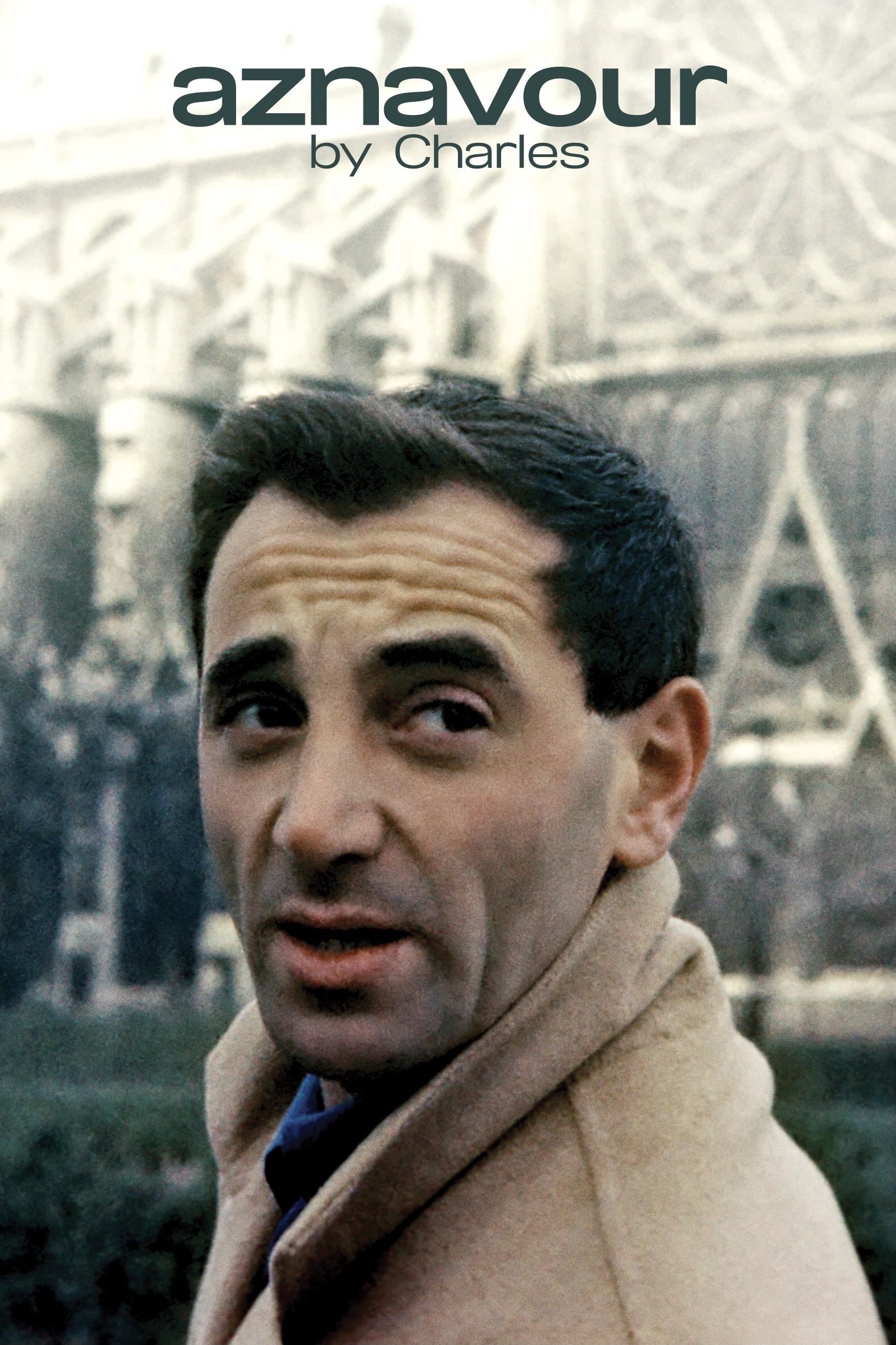
In 1948, French singer Charles Aznavour (1924-2018) receives a Paillard Bolex, his first camera. Until 1982, he will shoot hours of footage, his filmed diary. Wherever he goes, he carries his camera with him. He films his life and lives as he films: places, moments, friends, loves, misfortunes.
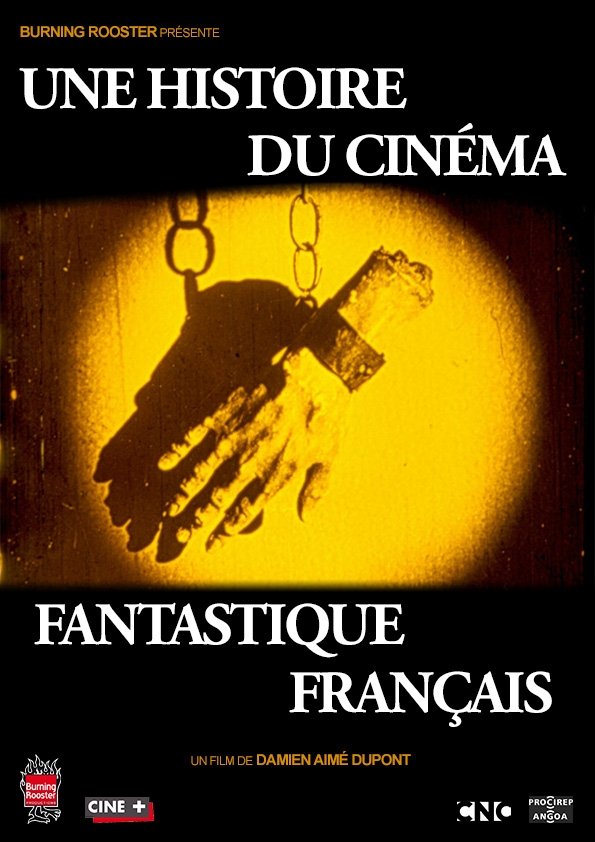
The story of the French fantasy cinema from Méliès to Raw.
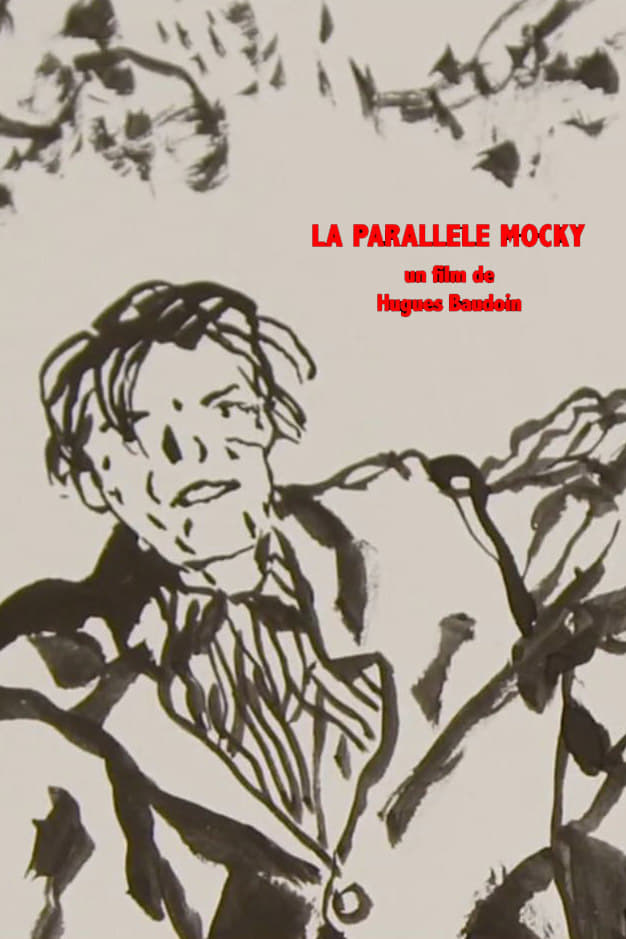
An episode of the renowned french TV series "Cinéma, de notre temps" (Cinema of Our Times) about french filmmaker Jean-Pierre Mocky.
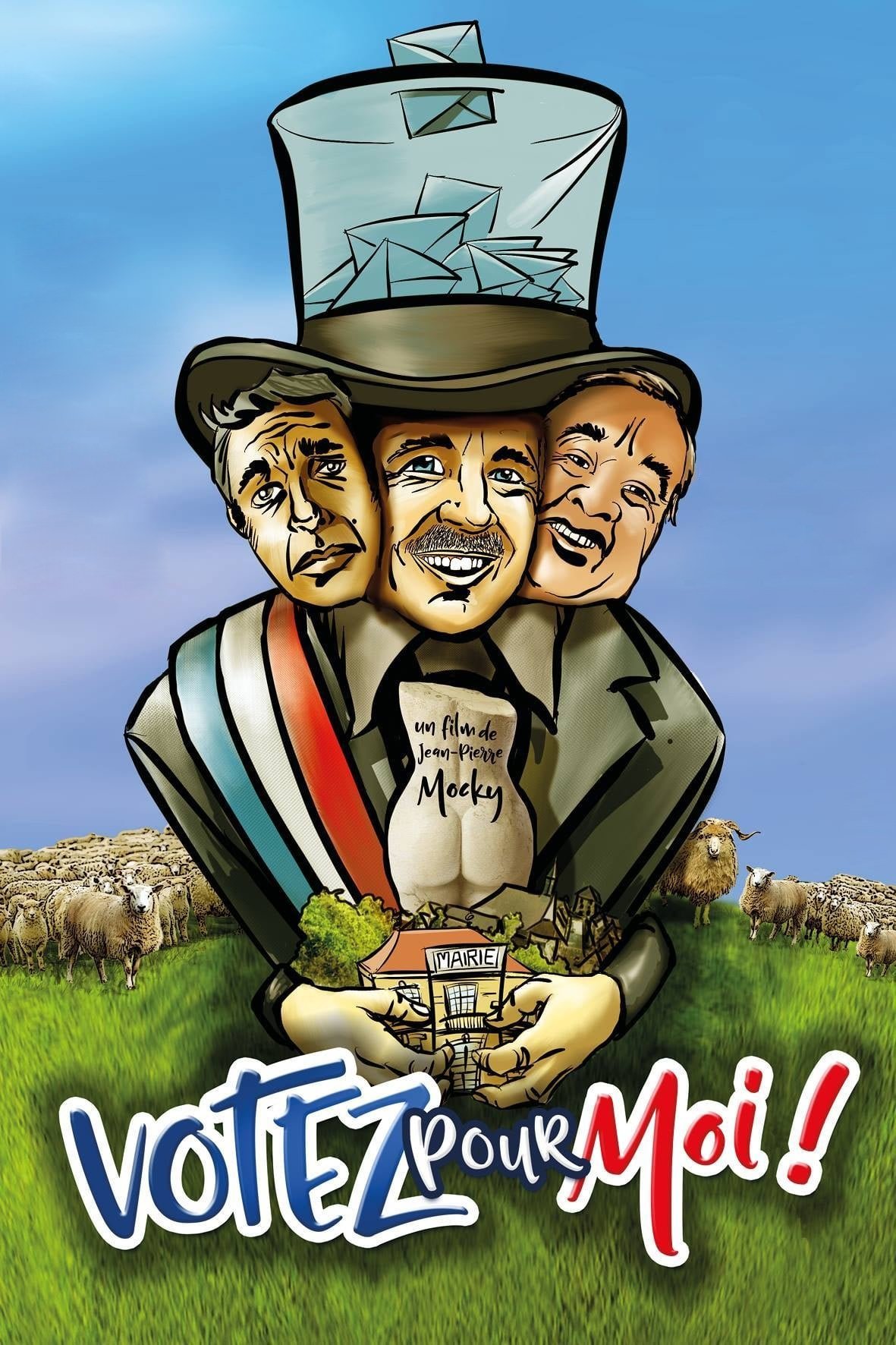
The mayor of a small provincial town, caught up in mundane affairs and corruption, summons his three deputies before fleeing: one of them will have to succeed. From then on, Veyron, Ben and Karabik, mere office colleagues, become fierce rivals with betrayals, inventions, revelations.
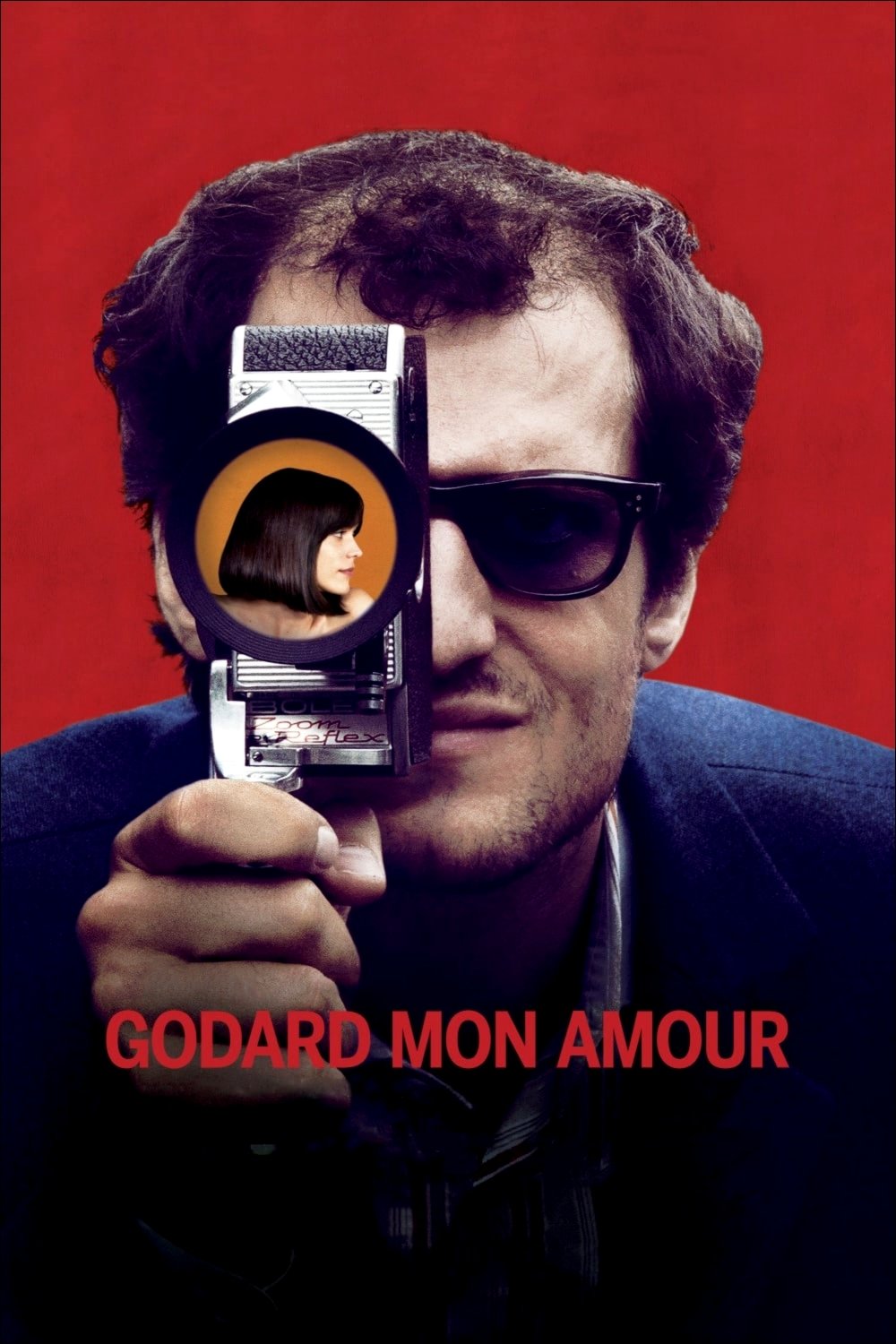
In 1967, during the making of “La Chinoise,” film director Jean-Luc Godard falls in love with 19-year-old actress Anne Wiazemsky and marries her.
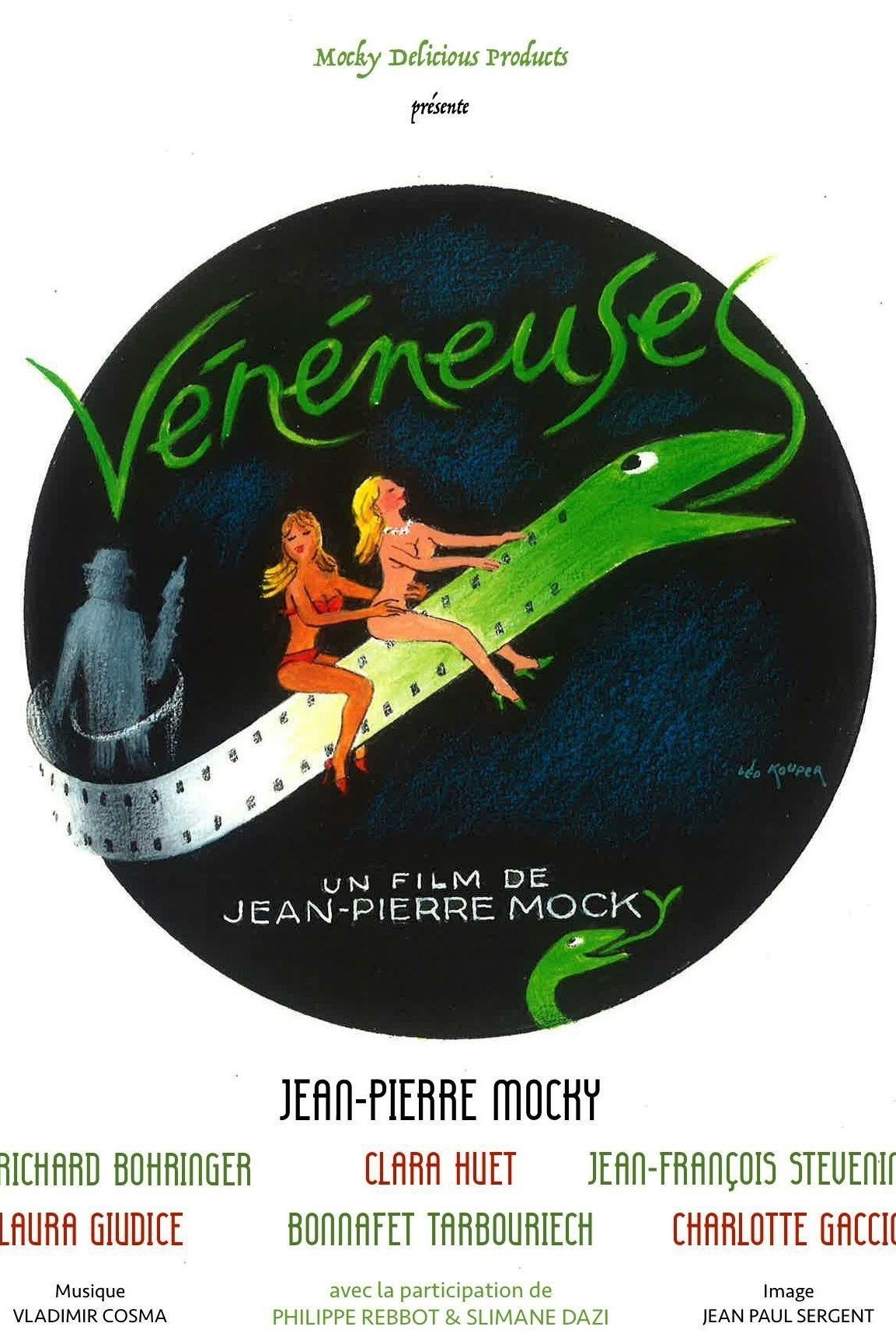
An aging gangster (Jean-Pierre Mocky) escapes from prison and is taken in by a very beautiful blonde who asks him to kill her uncle (Richard Bohringer) because he guards her money but prevents her from using it. She asks the gangster to kill him and that way she won't turn the gangster in - she knows he's escaped. The gangster prepares to kill the uncle, except that he realizes he's a very good guy. He becomes friends with the uncle. He won't kill him and will simulate the murder.
Jean-Pierre Mocky (6 July 1929 – 8 August 2019), pseudonym of Jean-Paul Adam Mokiejewski, was a French film director, actor, screenwriter and producer. Mocky was born in Nice, France to Polish immigrant parents, Jeanne Zylinska and Adam Mokiejewski. His father was Jewish and his mother was Catholic. Mocky appeared as an actor in the 1955 film Gli Sbandati and in many other movies, including some of those he also directed (Solo, L'albatros, L'Ombre d'une chance, Un Linceul n'a pas de poches). His 1987 film Le Miraculé was entered into the 37th Berlin International Film Festival. He began as an actor in the cinema and theater. In particular, he played in Jean Dréville's Les Casse-pieds (1948), Jean Cocteau's Orphée (1950) and Bernard Borderie's The Mask of the Gorilla (1957). But it was especially in Italy that he became famous, thanks to his role in I vinti by Michelangelo Antonioni. After working as an assistant with Luchino Visconti on Senso (1954) and Federico Fellini on La strada (1954), he wrote his first film, La Tête contre les murs (1959) and planned to direct it himself, but the producer preferred to entrust the task to Georges Franju. He went on to direct the following year with Les Dragueurs (1959). Since then, he has never stopped shooting. As early as the 1960s, he was able to reach a wide audience with crazy comedies such as A Funny Parishioner (1963) and La Grande Lessive (1968). After May 1968, he turned to darker films with Solo (1969), in which he shows a group of young terrorists of the extreme left, then L'Albatros (1971) which shows the corruption of politicians. In the 1980s, he returned to success with a film denouncing, a year before the drama of Heysel, the excesses of some football fans (À mort l'arbitre, 1984) and a comedy denouncing the hypocrisy around the pilgrimage to Lourdes (Le Miraculé, 1987). In the 1990s and 2000s, his films met with less success, but Mocky continued to shoot with much enthusiasm. In the beginning, his films were dedicated to the uprising against the restrictions imposed by society. Later, he concentrated on farce, as in Bonsoir where the homeless Alex (Michel Serrault) pretends to be the lover of the lesbian Caroline (Claude Jade) in order to save her inheritance from her homophobic relatives. Mocky's cinema, often satirical and pamphleteer, is generally inspired by the truth of society. He worked with few resources and filmed very quickly. He worked with Bourvil (A Funny Parishioner, The City of Unspeakable Fear, La Grande Lessive and The Stallion), Fernandel (The Exchange and Life), Michel Simon (The Red Ibis), Michel Serrault (twelve films including Le Miraculé), Francis Blanche (five films including The City of Unspeakable Fear), Jacqueline Maillan (five films), Jean Poiret (eight films) and with the stars Catherine Deneuve (Agent Trouble), Claude Jade (Bonsoir), Jane Birkin (Noir comme le souvenir), Jeanne Moreau (Le Miraculé) and Stéphane Audran (The Seasons of Pleasure). In 2010, he received the Prix Henri-Langlois for his entire career and the 2013 Alphonse Allais Prize. The International Festival of Film Entrevues in Belfort in 2012 and the Cinémathèque française in 2014 dedicated full retrospectives to him. He died on 8 August 2019. Source: Article "Jean-Pierre Mocky" from Wikipedia in English, licensed under CC-BY-SA 3.0.
By browsing this website, you accept our cookies policy.